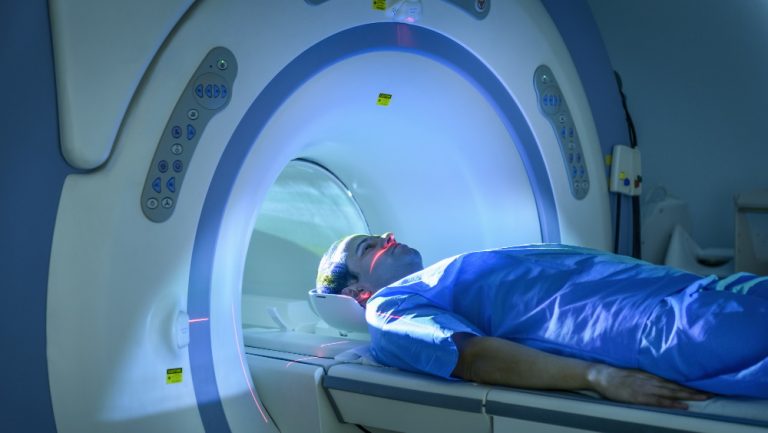
High CBD (cannabidiol) strains of cannabis have gained significant attention due to their potential therapeutic benefits without the intense psychoactive effects associated with high THC (tetrahydrocannabinol) strains. In this guide, we will delve into the science behind high cbd strains and their effects on the human body.
Understanding CBD
- Cannabidiol (CBD): CBD is a prominent non-psychoactive cannabinoid found in cannabis plants. It accounts for many of the potential health benefits associated with cannabis.
- Endocannabinoid System (ECS): CBD interacts with the endocannabinoid system, a complex network of receptors and neurotransmitters in the body. This system plays a crucial role in maintaining balance (homeostasis) in various physiological processes.
Effects of High CBD Strains
High CBD strains, such as Charlotte’s Web and AC/DC, are known for their specific effects:
- Pain Relief: CBD has analgesic (pain-relieving) properties. It may interact with ECS receptors to reduce pain perception, making high CBD strains effective for managing chronic pain conditions.
- Anti-Inflammatory: CBD has anti-inflammatory effects, which can help alleviate inflammation-related conditions like arthritis, multiple sclerosis, and inflammatory bowel disease.
- Anxiety and Stress Reduction: CBD may have anxiolytic (anxiety-reducing) properties by influencing receptors involved in regulating stress and anxiety responses. High CBD strains are used to mitigate symptoms of anxiety disorders.
- Anti-Seizure: The most well-known use of CBD is in the treatment of certain types of epilepsy, particularly in children. It can reduce the frequency and severity of seizures.
- Neuroprotection: CBD has shown promise in protecting brain cells from damage and degeneration, which is relevant to conditions like Alzheimer’s disease and Parkinson’s disease.
- Antipsychotic: CBD may have antipsychotic effects and is being explored as a potential treatment for schizophrenia and psychosis.
- Anti-Nausea and Appetite Stimulation: CBD can reduce nausea and stimulate appetite, making it useful for patients undergoing chemotherapy and those with eating disorders.
Synergy with THC
CBD can modify the effects of THC when both cannabinoids are present, which is often referred to as the “entourage effect.” When CBD is combined with THC:
- Reduced Intoxication: CBD can mitigate the psychoactive effects of THC, reducing the feeling of being “high.”
- Enhanced Therapeutic Effects: Some studies suggest that the combination of CBD and THC may enhance the therapeutic potential of both cannabinoids, particularly for pain management and certain medical conditions.
Dosage Considerations
The appropriate dosage of high CBD strains varies depending on individual factors, including the condition being treated, body weight, and tolerance. It’s essential to start with a low dose and gradually titrate upwards to find the optimal dosage that provides the desired effects.
Conclusion
High CBD strains have gained recognition for their potential therapeutic benefits across a range of medical conditions. CBD interacts with the endocannabinoid system, offering analgesic, anti-inflammatory, anxiolytic, and neuroprotective effects. When used responsibly and under medical guidance, high CBD strains can be a valuable addition to holistic healthcare strategies, providing relief for various physical and psychological ailments while minimizing the intoxicating effects associated with high THC strains.




